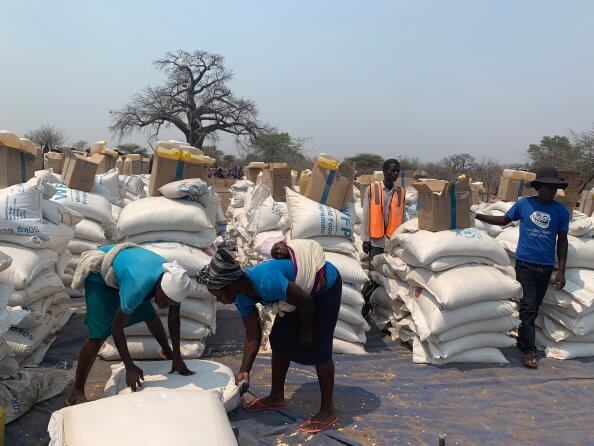Last week, the United Nations World Food Programme (WFP) in Zimbabwe completed its last cash distribution of 2019, which supported some 19,000 vulnerable residents in Harare’s sub-urban district of Epworth.
Those deemed most food insecure have been receiving monthly cash transfers from WFP since June, as part of an urban pilot project funded by the UK’s Department for International Development (DFID), and the EU’s branch of European Civil Protection and Humanitarian Aid Operations (ECHO).
This year was the first time WFP provided assistance to an urban area in Zimbabwe.
Next year, WFP will expand its urban assistance programme across eight districts, nationwide. It will continue providing cash-based transfers on a monthly basis, to those who need it most.
As a result of this year’s severe drought, economic downturn and Cyclone Idai, around 8 million people were pushed into severe hunger. Of this total, 2.2 million people live in urban areas. WFP’s revised emergency response plan hopes to provide mobile cash transfers to 200,000 of them. Currently, funding for 100,000 has been secured. WFP is seeking funds to assist an additional 100,000 people.






